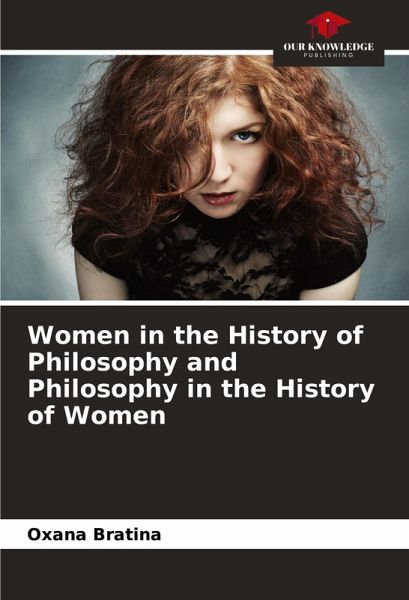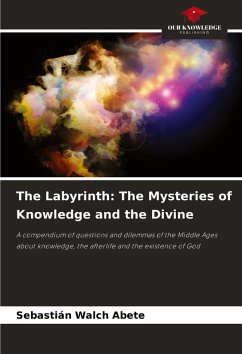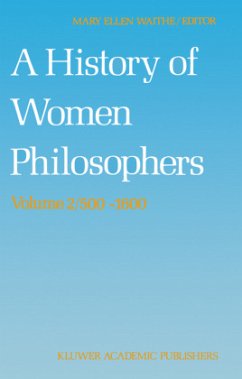
Women in the History of Philosophy and Philosophy in the History of Women
Versandkostenfrei!
Versandfertig in 6-10 Tagen
25,99 €
inkl. MwSt.

PAYBACK Punkte
13 °P sammeln!
In the history of Western European philosophy, the names of women are rare. They are mentioned in textbooks mainly as companions of great male thinkers. We know Pythagoras' wife, the wisest Pheano, or Socrates' wife, the grumpy Xanthippe, but who were they, independent women philosophers? From the majestic Hypatia of Alexandria to the aristocratic Simone de Beauvoir? What determines the fates of women in the history of philosophy: role, character, direction, or touches to a portrait of personal and historical tragedies? Many of them sacrificed their lives, their names, their families for the s...
In the history of Western European philosophy, the names of women are rare. They are mentioned in textbooks mainly as companions of great male thinkers. We know Pythagoras' wife, the wisest Pheano, or Socrates' wife, the grumpy Xanthippe, but who were they, independent women philosophers? From the majestic Hypatia of Alexandria to the aristocratic Simone de Beauvoir? What determines the fates of women in the history of philosophy: role, character, direction, or touches to a portrait of personal and historical tragedies? Many of them sacrificed their lives, their names, their families for the sake of philosophy, which can be called a kind of asceticism of Science for Science's sake. History brings their names back into contemporary scientific and academic discourse. The return of names begins in the book with the mythically beautiful Hypatia of Alexandria. Then the history and views of Lou Salomé, Anna Freud, Zinaida Hippius, Edith Stein, Simone Weil, Ayn Rand, Hannah Arendt, Maria Shechtman, Judith Butler, Simone de Beauvoir, and Susan Sontag.














